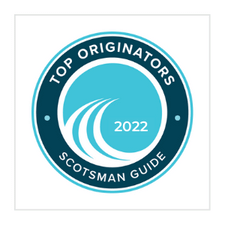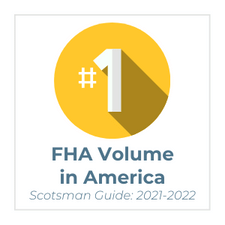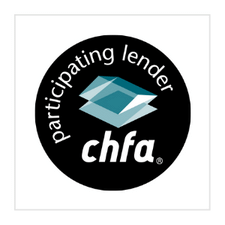
by:
When it comes to the homebuying process, one aspect that often causes stress and confusion is organizing and managing financial documentation. Properly organizing your paperwork can streamline the mortgage application process, increase efficiency, and help you present a strong financial profile to lenders. In this article, we'll explore the dos and don'ts of organizing your financial papers to ensure a smooth and successful homebuying journey.
Do Gather Essential Documents:
Start by gathering the essential documents that lenders typically require. These documents are crucial for verifying your financial stability and eligibility for a mortgage. The essential documents include:
Proof of income:
- Recent pay stubs that show your year-to-date income.
- W-2 forms from the past two years.
- Tax returns for the past two years, including all schedules and attachments.
Bank statements:
- Recent statements from all your accounts, including savings, checking, and investment accounts.
- These statements should cover at least three to six months to demonstrate your financial stability.
Employment verification:
- Contact information for your current and past employers.
- Dates of employment and job titles to establish your work history and stability.
Identification:
- A valid driver's license, passport, or other government-issued identification.
Don't Forget Additional Documentation:
Depending on your unique financial situation, you may need additional documentation. Here are some examples:
Self-employed individuals:
- Profit and loss statements for your business.
- Business tax returns for the past two years.
- 1099 forms or other documentation of additional income.
Rental property owners:
- Documentation of rental income, such as lease agreements and rental payment history.
- Property tax statements and homeowners' insurance information.
Divorced or separated individuals:
- Divorce decrees or separation agreements to establish your financial obligations.
- Documentation of child support or alimony payments.
Do Keep Your Documents Organized:
To make the mortgage application process smoother, it's crucial to keep your financial documents organized. Here are some helpful tips:
Create separate folders:
- Use physical or digital folders to categorize your documents.
- Separate folders for income documents, bank statements, tax returns, employment verification, and identification will help you locate information quickly.
Label each folder clearly:
- Clearly label each folder with the type of document it contains and the time period it covers.
- This will prevent confusion and save you time when you need to provide specific documents.
Use cloud storage or secure digital platforms:
- Consider using secure cloud storage or digital platforms to store digital copies of your documents.
- This provides easy access from anywhere and ensures that your documents are safe and protected.
Don't Neglect Document Security:
Protecting your sensitive financial information is essential. Follow these security practices:
Safeguard physical copies:
- Store physical copies of your documents in a locked file cabinet or a secure location.
- Avoid leaving them in easily accessible areas where they could be lost or stolen.
Use strong and unique passwords:
- When using digital storage platforms, use strong and unique passwords to prevent unauthorized access.
- Enable two-factor authentication for an added layer of security.
Be cautious when sharing documents electronically:
- Ensure you're using secure channels and encrypted methods when sharing sensitive documents electronically.
- Verify the recipients' identity and use password protection or secure file-sharing services when necessary.
Do Maintain Updated Documents:
Keeping your financial documents up to date is essential throughout the homebuying process. Follow these steps:
Regularly update bank statements and pay stubs:
- Keep your financial records current by obtaining updated bank statements and pay stubs regularly.
- This ensures that your lender has the most accurate and recent information.
Review and update financial records annually:
- Set aside time each year to review and update your financial records.
- Update contact information, employment history, and other relevant details.
Retain copies of all important documents:
- Keep copies of previous tax returns, mortgage statements, and other critical financial documents.
- These records can provide valuable information for future reference and may be required during the mortgage application process.
Don't Dispose of Documents Prematurely:
Avoid the mistake of throwing away important documents too soon. Retain the following:
Loan estimates and closing disclosures:
- Keep copies of these documents for several years, as they may be needed for future reference or tax purposes.
Tax returns and supporting documents:
- Retain tax returns and all supporting documents for at least seven years.
- These documents are essential for tax filing purposes and may be required during the mortgage application process.
Property-related records:
- Keep home improvement receipts, property tax statements, and homeowners' insurance policies for as long as you own the property.
- These documents can be valuable for insurance claims, tax deductions, or future property assessments.
Conclusion:
Organizing your financial papers is a critical step in the homebuying process. By gathering essential documents, maintaining an organized system, ensuring document security, and keeping your records up to date, you'll streamline the mortgage application process and present a strong financial profile to lenders. Remember, an organized approach to documentation can save you time, reduce stress, and help you achieve your dream of homeownership.
-(2).png?sfvrsn=963aebdb_0)

.png?sfvrsn=2fcea3bf_0)
.png?sfvrsn=76f6ccf3_0)


.png?sfvrsn=8d78ea3e_0)

